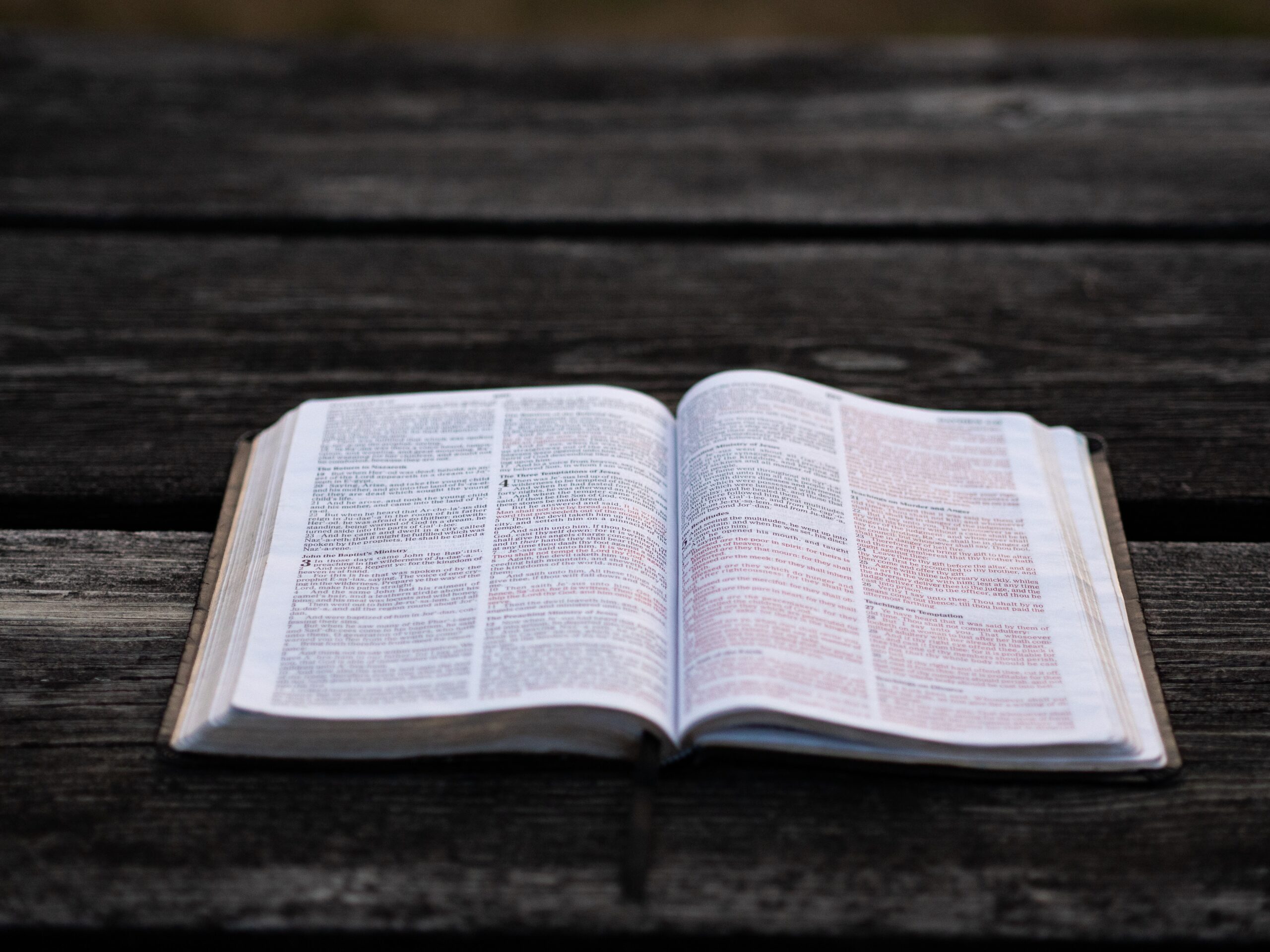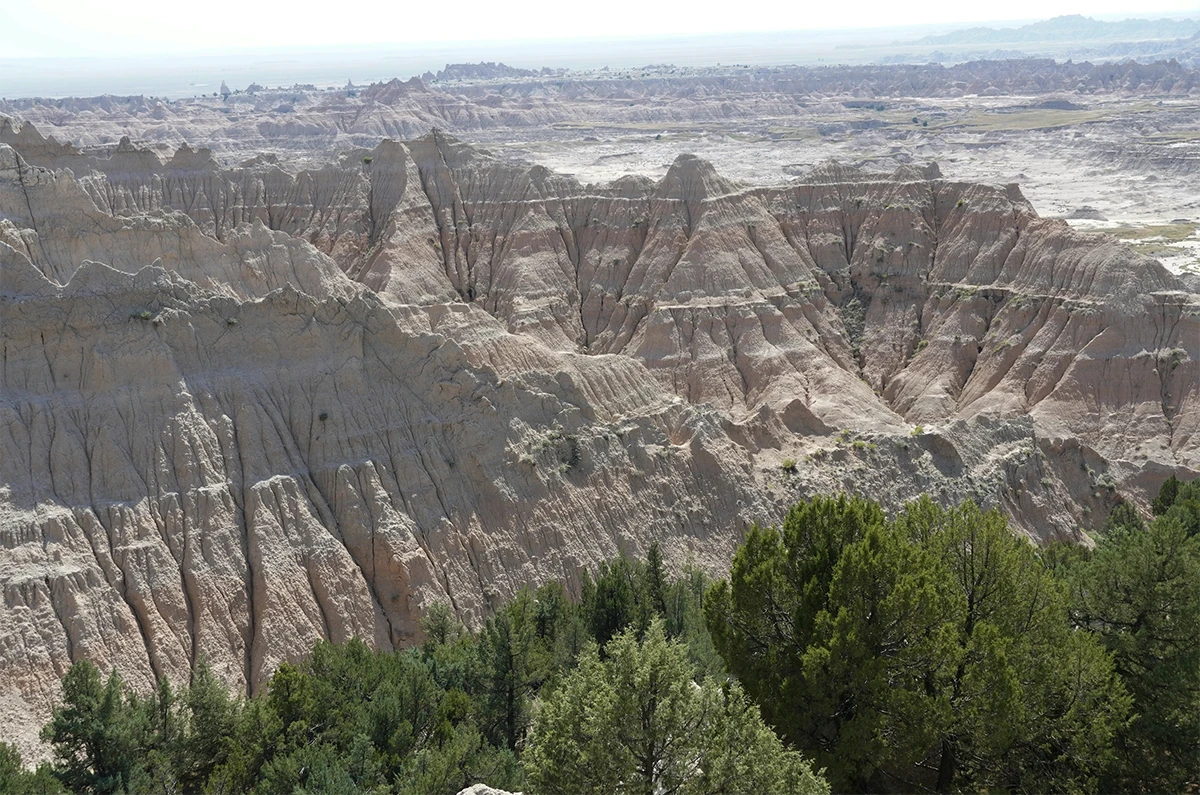If you’re like most people, watching the news can make one angry and disgusted. When we hear about our nation’s leaders deliberately dismantling our liberties, the constitution, religious freedom, the economy and so forth, sometimes we would like to see them get what they deserve. When that happens, it’s tempting to rejoice or gloat.
However, is that the right attitude or response? David was pursued by King Saul for years and tried many times to kill David. When King Saul finally died, did King David rejoice?
2 Sam 1:11-12, 17 Then David and all the men with him took hold of their clothes and tore them. They mourned and wept and fasted till evening for Saul and his son Jonathan, and for the army of the Lord and for the nation of Israel, because they had fallen by the sword. . . . David took up this lament concerning Saul and his son Jonathan. David had every reason to celebrate, but his view of King Saul as the Lord’s anointed understood that his life was in God’s hands.
Proverbs 24:17-18 Do not gloat when your enemy falls; when they stumble, do not let your heart rejoice, or the Lord will see and disapprove and turn his wrath away from them. Here is a warning about gloating over an enemy’s downfall. We are not to gloat over the downfall of a wicked person and celebrate because that person got what he deserved. By doing so, “he would thereby commit his own evil sin and incur God’s wrath.” (Concordia Bible Commentary. Proverbs. p. 481) We only need to remember when the nation Edom rejoiced over Israel’s defeat and was punished by God for their attitude. Obadiah 1:12, 15 You should not gloat over your brother in the day of his misfortune, nor rejoice over the people of Judah in the day of their destruction,
nor boast so much in the day of their trouble. “The day of the Lord is near for all nations. As you have done, it will be done to you; your deeds will return upon your own head. (ibid) Instead, we are to “trust in God’s grace and not become arrogant by thinking that we could not fall if God were to abandon us and leave us to our own devices.” Jesus gives us the correct but difficult attitude and action to pray for our enemies, those who persecute us and to feed, cloth etc., those who hate us. Luke 6:27-28, 32, 35-36.
Is God not in control of every world leader? Does God not oversee who comes to power, when and how long? Can God not use evil for His purposes? God does have His eye on every believer and promises to sustain us to the end.
Sometimes I put government in control of my future instead of God. Wrong perspective bad idea. We need to do more praying and less ridiculing (I’m guilty) of our civil leaders. We need to influence more people with the love of God so as to change the culture.
Pr. Bob Snitzer
By the Way:
Sunday 20, 9:00 Morning worship. Sermon: The Blessed Man. Pt. 2



